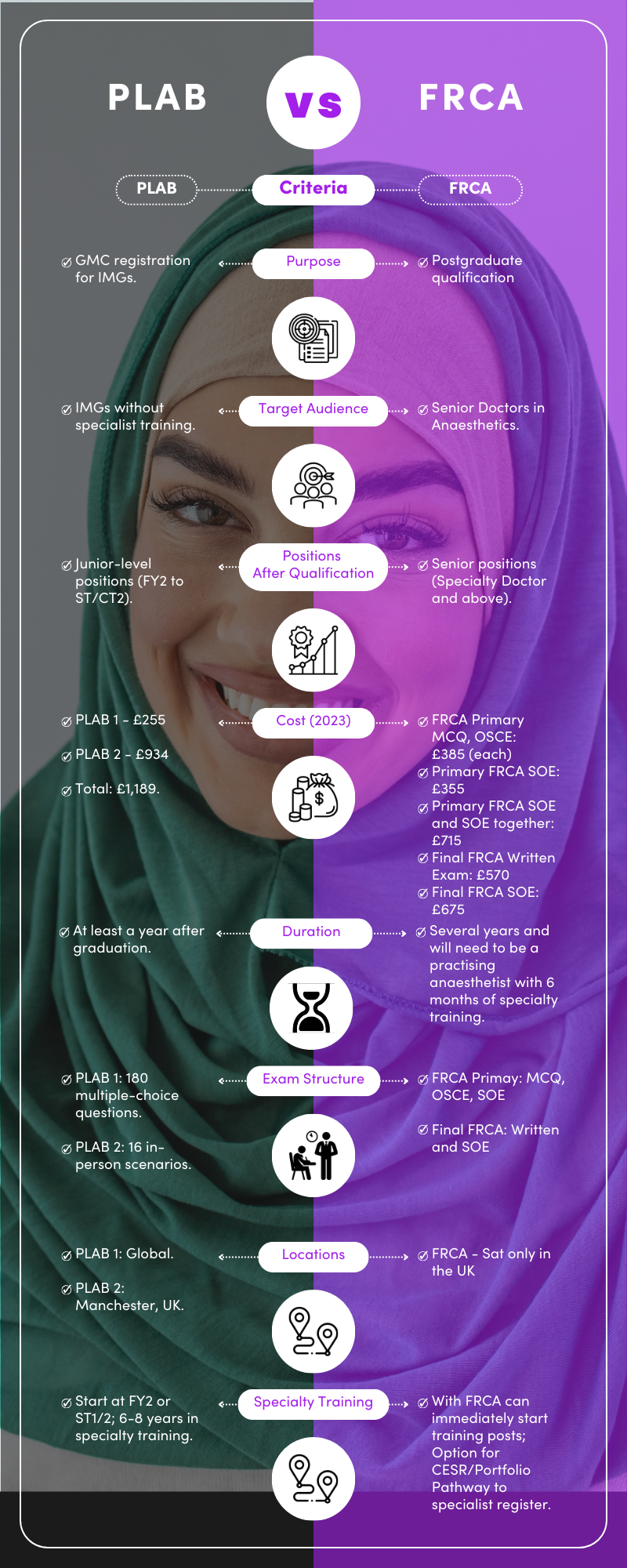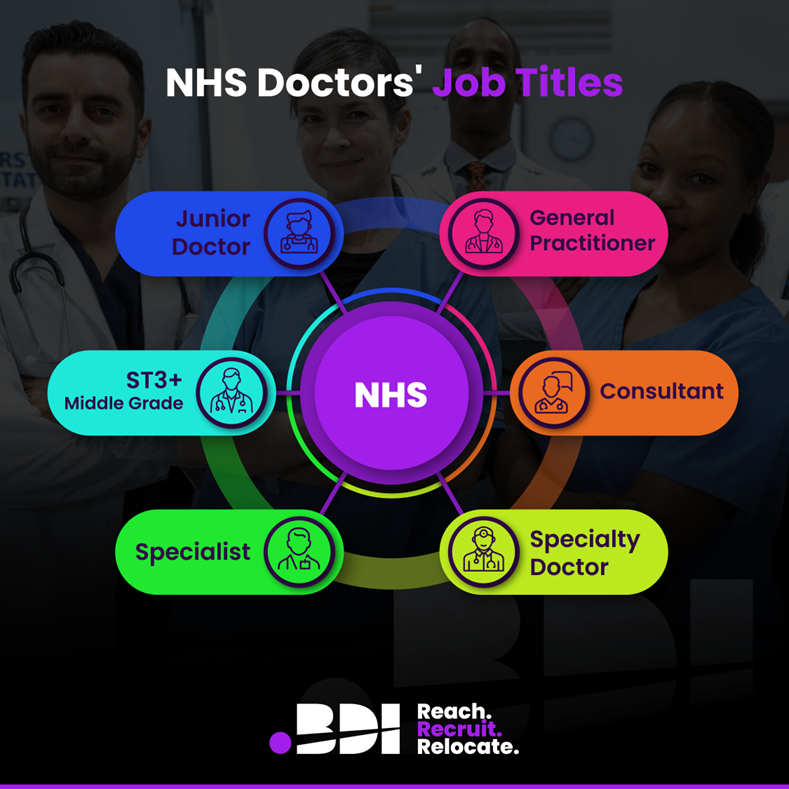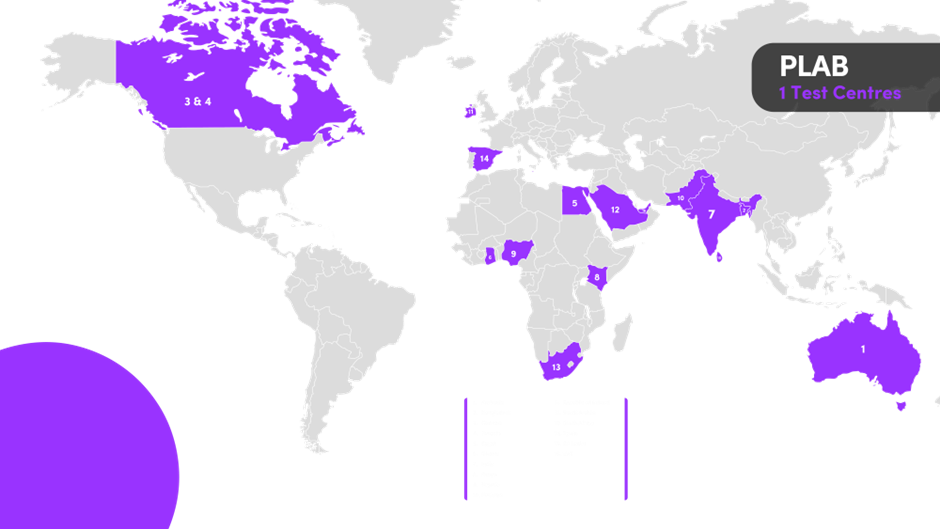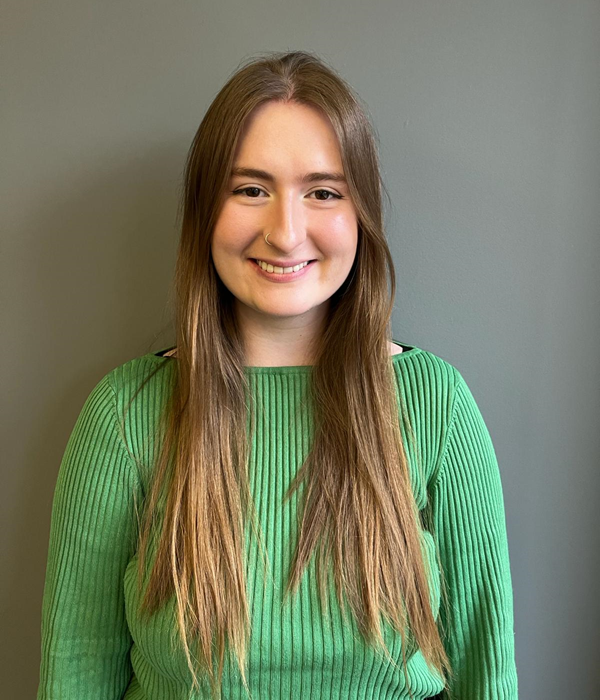
PLAB vs. FRCA - A Guide for IMG Doctors
04 Oct, 202317 Minutes
Every doctor who does clinical work in the UK has to be on the GMC register. The GMC (General Medical Council) enforces this to ensure that all doctors can provide the same high level of care that patients need. As an IMG intending to relocate to the UK, it’s your job to get on the GMC register by proving you have the skills and knowledge necessary to work for the NHS.
How you do that depends on your current experience and the kind of job you want to do in the UK. One very popular route is PLAB. You might have already heard of it, as it’s a common pathway to GMC registration, particularly for IMGs who have graduated reasonably recently and have not yet pursued a specialty. If you’re an anaesthetist you can get GMC registered without PLAB though – the GMC also accepts some postgraduate qualifications, such as FRCA (Fellowship of the Royal College of Anaesthetists).
What is PLAB?
PLAB is a two-part examination set by the Professional Linguistic and Assessments Board that helps IMGs demonstrate their ability to practise medicine to a basic but safe level. With PLAB, IMGs can get GMC registered and demonstrate the same clinical competencies as an FY2 in the UK.
What is FRCA?
Unlike PLAB, which is an examination that only provides access to GMC registration, FRCA is a postgraduate qualification that can assist with climbing the NHS career ladder. It stands for Fellowship of the Royal College of Anaesthetists, and its completion shows you have in-depth knowledge of anaesthetics to the point you can practice anaesthetics independently. It’s a qualification you get at the end of your anaesthetics training, and its completion allows you to use FRCA at the end of your name.
PLAB or FRCA: Who Are They For?
PLAB is a two-part exam specifically for international medical graduates. It’s there to test the candidate’s ability to practise medicine safely at the FY2 level. IMGs who have completed a year’s internship in their home country can use PLAB to get GMC registered and begin working as junior doctors in the UK. It can also be used by IMGs with more experience as a pathway to the UK, however does not showcase senior expertise in their chosen specialty.
FRCA, on the other hand, is for doctors wishing to qualify as a Fellow of the Royal College of Anaesthetics whether they wish to work in the UK or not. UK doctors often do this towards the end of their anaesthesiology training, but it can also be pursued by international graduates when they apply through TEE (Temporary Examination Eligibility). By doing this, they prove they have completed anaesthetic training and can practice as an anaesthetist at a senior level.
You should only really consider using FRCA for GMC registration if you are already pursuing anaesthetics training in your home country as it will open more doors in the NHS for you.

The Jobs PLAB Leads to
The completion of PLAB and a one-year internship in your home country grants you access to jobs from level FY2. These jobs are very broad, and you’d typically be in hospitals getting to grips with working for the NHS before developing your career. However, if you have more experience, it is possible to achieve more senior roles straight away with PLAB, such as ST1-3. Keep in mind this depends on experience, and NHS employers don’t always like PLAB on senior position applications – they typically prefer a Royal College qualification instead.
The Jobs FRCA Leads to

FRCA demonstrates a high level of knowledge and ability in anaesthetics. As such, you’ll be able to use this highly regarded qualification to become a specialist, specialty doctor, or Consultant (assuming you use FRCA for CESR/ Portfolio Pathway to get on the specialist register). These are all senior positions that are very well-paid and come with a lot of responsibility. For example, as a Consultant Anaesthetist, you can earn anywhere between £93,666 and £126,281 per year.
FRCA Vs. PLAB: Cost
Whether you’re taking FRCA or PLAB, you will have to pay fees. That’s why it’s so important to plan and prepare for them while also ensuring you’re picking the best exams for your career. You don’t want to book and pay for PLAB only to discover later that you’d have been able to do FRCA and begin on a higher footing!
There’s also a reasonable difference between the cost of FRCA vs. PLAB, with FRCA being more expensive. Here is a breakdown of the costs of both examinations:
PLAB
You pay a total of two fees for PLAB: one fee for PLAB part one and another for PLAB part two. PLAB 1 costs £255, while PLAB 2 costs £934, totalling £1,189. The cost of these exams tends to increase yearly, so be aware before booking. You should also be mindful that there are some cancellation fees if you decide not to do PLAB after booking a place.
FRCA
- FRCA Primary MCQ Exam: £385
- Primary FRCA OSCE: £385
- Primary FRCA SOE: £355
- Primary FRCA OSCE and SOE Together: £715
- Final FRCA Written Exam: £570
- Final FRCA SOE: £675
Altogether, the FRCA exams total £2,370 (assuming you do primary SOE and OSCE separately. You’ll also need to pay the TEE application fee, which is currently £120. This means FRCA is significantly higher than PLAB. However, FRCA will get you a much higher paying job at the end of it – by using FRCA to get GMC registered, you can earn up to a Consultant anaesthetist salary, which goes up to £126,281.
How Long Does FRCA Take Compared to PLAB?
PLAB is a very accessible examination for international medical graduates; candidates can apply for the exam as soon as they have their primary medical qualification. However, you have more chance of passing if you have some medical experience in a hospital. We recommend spending at least three to nine months of preparation for PLAB. Realistically, PLAB will take about a year to complete for GMC registration – but, of course, that’s dependent on how soon you take part 2 after part 1 and how long you study for. All in all, it’s quite a short process compared to other pathways to GMC registration.
In comparison, FRCA takes years to complete, as you’ll need to complete your anaesthetics training in order to complete the qualification. You’ll already need to be a practising anaesthetist with six months of specialty training behind you by the time you do your primary FRCA examinations, and you’ll need to get TEE status to start them. By the time you qualify with FRCA, you’ll be a fully qualified anaesthetist.
The Exam Structure of PLAB Vs. FRCA
FRCA
FRCA are quite long exams – they come in two parts, and each part has its own components. There’s a reason it takes so long to complete! Here, we’ll take a look at what to expect in both the primary FRCA exams as well as the final FRCA exams.
Primary FRCA Examinations
The first part of the FRCA exams is the Primary FRCA Examinations – these come in three parts, and passing all three is essential for moving on to the final examinations (which is what gives you the fellowship). These include an MCQ exam, an OSCE, and an SOE.
Primary MCQ Exam
The primary multiple-choice question examination is a three-hour written examination. It consists of 45 single best answer questions as well as 45 multiple true or false questions, with a total of 90 questions overall.
FRCA Primary OSCE
The primary OSCE (objective structured clinical examination) involves completing between sixteen and nineteen stations in a day. These are laid out in a circuit, and you’ll be assessed on multiple areas of your clinical competence.
FRCA Primary SOE
Finally, the SOE exam involves an oral examination with two examiners. It’s split into two subsections, each lasting thirty minutes. It covers everything that the candidate has learned so far, including basic sciences and clinical decision-making.
Final FRCA Examinations
Final FRCA comes in two parts: a written exam and a structured oral examination (SOE). To be awarded FRCA, candidates must complete both parts.
Final FRCA Written Examination
The final written exam lasts three hours and has twelve response questions, with a possible 20 marks per question (so 240 marks total). The exam itself is mapped to the UK anaesthetics training curriculum.
Final FRCA SOE
The final structured oral examination comes in two parts. SOE 1 itself has two parts, A and B, which each last 26 minutes. SOE 2 lasts 36 minutes and includes a two-section clinical long case. All parts are marked by two examiners.
As you can see, the FRCA route is lengthy and involves passing multiple exams. This is very different from PLAB, as you’ll see below!
PLAB
While the PLAB exams are not as specialised and focused on a particular area of medicine like FRCA, they are still tricky, and it’s important for candidates to familiarise themselves with the exam format to be adequately prepared. Here is what to expect from parts one and two of the PLAB examinations:
PLAB 1
PLAB part one comes as a multiple choice written paper, with 180 questions in total and three hours to complete. Each question provides candidates with a medical scenario and five possible answers to choose from. In terms of exam content, PLAB follows the PLAB test blueprint, so check that out.
PLAB 2
For part 2, you’ll need to travel to Manchester, UK, where you’ll take a practical examination. The exam involves sixteen stations that simulate a clinical situation. At each station, you’ll find two examiners who will assess you. It’s quite an involved and challenging practical exam, and many IMGs find passing requires a lot of revision and practice.
That’s it – upon completing PLAB 2, you’ll be able to get GMC registered. PLAB is much shorter than FRCA, with PLAB only having two examinations, whereas FRCA needs you to pass five to gain the fellowship.
Where Can You Sit FRCA?
You can only sit the FRCA examinations in the UK. They are held in the following UK cities:
- London
- Cardiff
- Birmingham
- Manchester
- Belfast
- Sheffield
- Edinburgh
Where Can You Sit PLAB?
Part One
UK Locations:
- Belfast
- Birmingham
- Cardiff
- Edinburgh
- London
- Manchester
- Newcastle
- Oxford
- Sheffield
Overseas Locations:
- Sydney, Australia
- Dhaka, Bangladesh
- Toronto, Canada
- Alexandria, Egypt
- Cairo, Egypt
- Accra, Ghana
- Bangalore, India
- Chennai, India
- Hyderabad, India
- Kolkata, India
- Mumbai, India
- New Delhi, India
- Nairobi, Kenya
- Abuja, Nigeria
- Enugu, Nigeria
- Lagos, Nigeria
- Islamabad, Pakistan
- Karachi, Pakistan
- Dublin, Republic of Ireland
- Riyadh, Saudi Arabia
- Johannesburg, South Africa
- Madrid, Spain
- Colombo, Sri Lanka
- Dubai, UAE
Part Two
For PLAB part two, you only have one option in terms of location – travelling to Manchester, UK. That’s the only place where PLAB 2 occurs, so you’ll have to get there to complete PLAB. You will need to apply for a visa to do this, so allow plenty of time when booking a slot.

Speciality Training with FRCA Vs. PLAB
Some IMGs falsely assume that PLAB cannot lead to specialty training. That simply isn’t the case – it’s just not as easy to get straight into a specialty training position if you have come from PLAB examinations.
For most IMGs, PLAB leads to a junior-level position like FY2. This allows you to spend some time in a non-training medical placement, where you can learn about what it’s like to work for the NHS and decide what specialty you’d like to pursue in the future. Then, you can start the process of going through the UK’s specialty training system, starting at ST or CT 1+2 and then progressing to ST3+. Overall, it should take about eight years before you can apply for specialist registration and become a Consultant (if that’s your goal – some doctors decide to stay as specialists or specialty doctors).
There is a way to go straight into specialty training with PLAB, and that involves getting CREST (a Certificate of Readiness to Enter Speciality Training). However, we typically recommend getting a postgraduate qualification if you have the experience to go straight into specialty training, as this will look better on your CV.
So, what about specialty training after FRCA? FRCA is a very high-level qualification – its rigorous exams prove that passing candidates have a firm grasp of anaesthetics and can practise independently. With FRCA, you can immediately start specialty training posts, applying for specialist and specialty anaesthetics roles in the NHS.
You can also endeavour to get on the specialist register with FRCA without even having worked in the UK, bypassing the UK’s training system as a whole. You can do that through CESR/ Portfolio Pathway. CESR/ Portfolio Pathway – for Certificate of Eligibility for Specialist Registration – is a route to the specialist register that involves collating all the necessary evidence to prove you have the skills to work independently as an anaesthesiologist. Of course, having FRCA to back this up is a massive help.
Getting GMC Registered with PLAB/FRCA
There’s a lot that’s different about PLAB compared to FRCA. FRCA is costlier, more intensive, takes much longer, and focuses on a specific specialty (anaesthesiology). However, there is one way they are the same: they can both be used to get on the GMC register and start working as a doctor in the United Kingdom.
Getting FRCA or PLAB isn’t the only thing you’ll need here. To get GMC registered, you’ll also need to submit:
Proof of ID
You’ll usually use your passport here, which must be in date.
Primary Medical Qualification
When applying to GMC, you must send proof of your PMQ.
Certificate of Good Standing
You will need a certificate of good standing from all regulatory medical bodies you have worked at during the last five years – even if you were only there briefly.
Proof of Activity for the Last Five Years
The GMC wants proof of all your activities during the last five years, whether that includes education, work, or otherwise.
Fitness to Practise
The GMC application will ask questions about your fitness to practise to ensure you can safely work in the UK as a doctor.
Evidence of Knowledge of English
You’ll need to either pass OET or IELTS for this unless your PMQ was taught in English.
Proof of Internship
You’ll need to have spent at least a year in an internship or training and prove this with certification.
You can easily apply for GMC registration with the above documents online – the GMC makes it nice and simple!
In Summary
Deciding to pursue either PLAB or FRCA might seem overwhelming, but the truth is, they are so different that the answer should be quite clear. If you simply want to start your UK doctor career ASAP and don’t have specialty experience, PLAB is a good entryway. However, FRCA makes an excellent choice for IMGs specialising in anaesthesiology – especially if they want to showcase that expertise and gain entry into more senior positions within the NHS. Here are the main points to keep in mind:
- PLAB is a two-part exam designed for IMGs wanting GMC registration.
- PLAB is cheaper and faster to complete when compared to FRCA.
- FRCA is a rigorous Royal College exam that awards you with a fellowship.
- FRCA will lead to more senior positions in the anaesthesiology specialty.
Be sure to pick the route that makes the most sense for your career. Whichever you choose, you will still gain entryway into the UK and be able to pursue a fulfilling career as an NHS doctor!


